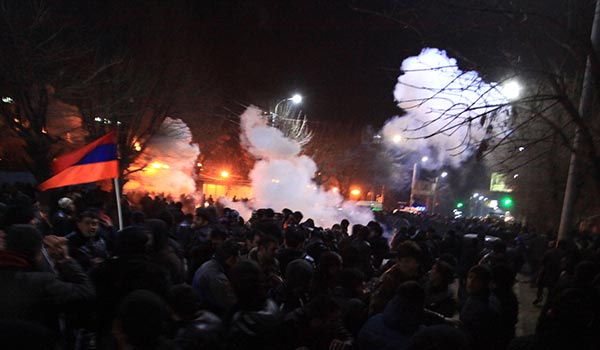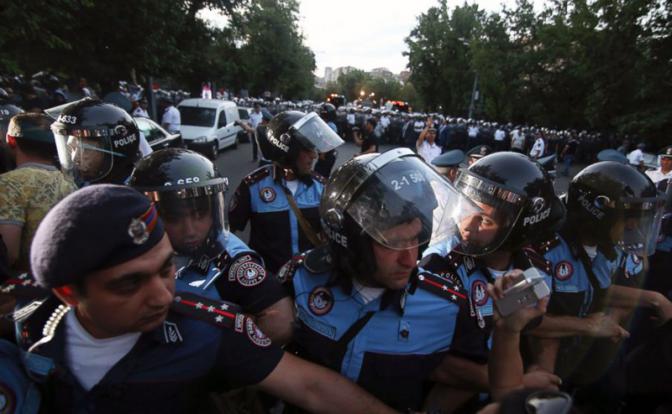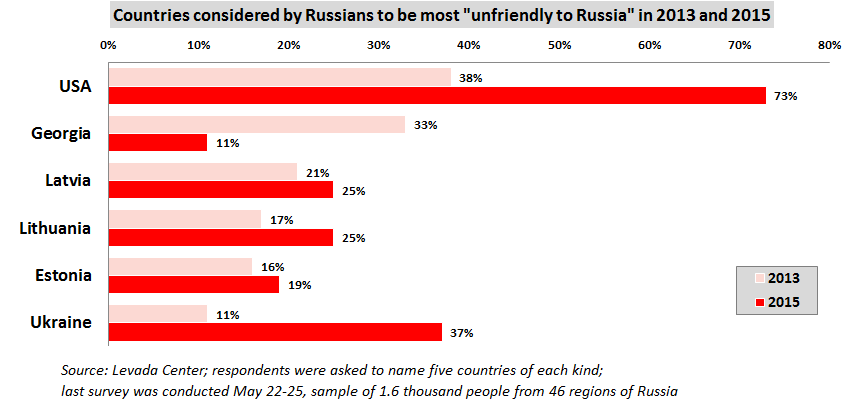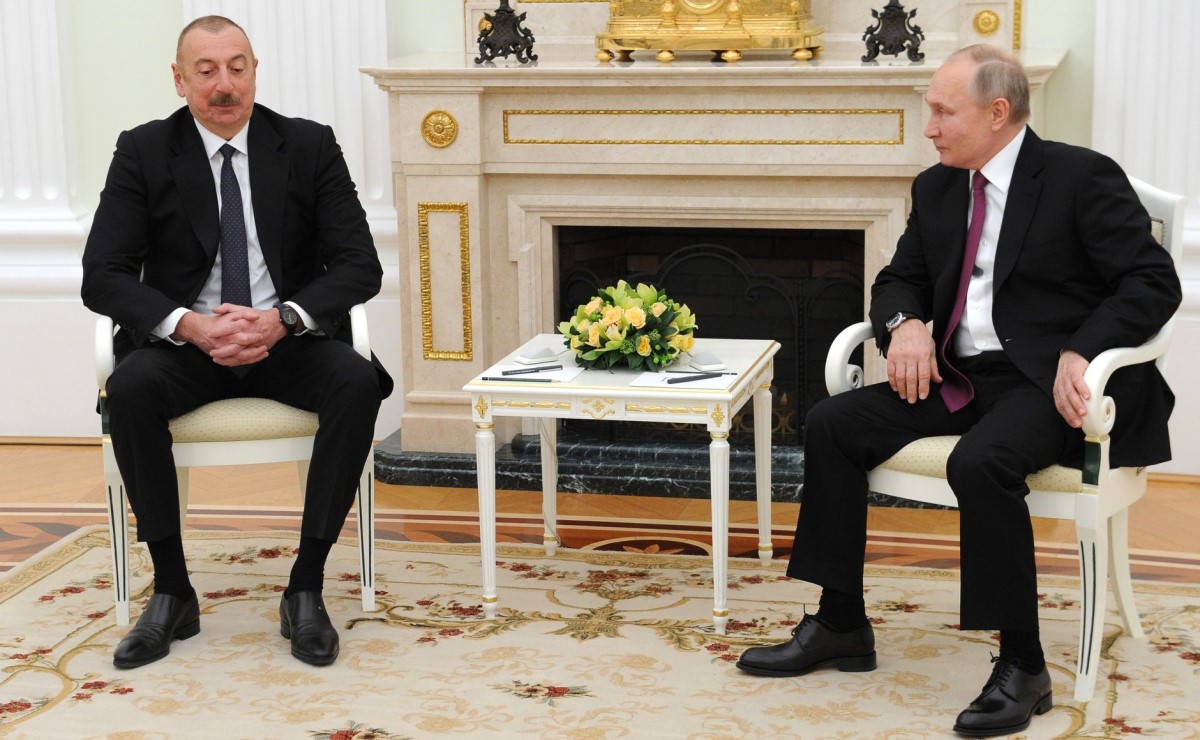The murder of an Armenian family in Gyumri by a Russian soldier and the failure of Yerevan to stand up to Moscow about his trial have outraged Armenians and led some experts like Igor Muradyan to say that Russia “is losing Armenia,” its primary ally in the South Caucasus.
And that in turn has led some analysts to suggest that Moscow might be interested in a new outbreak of the Nagorno-Karabakh war between Armenia and Azerbaijan to remind Armenians and Yerevan about Russia’s key role in restraining an ever more powerful Azerbaijan from retaking those regions and thus helping Armenia maintain its control over them.
In a comment to Slon.ru yesterday, Mikhail Zygar, the chief editor of Russia’s independent television channel “Dozhd,” said that Moscow will not make the concessions Yerevan is demanding – handing the soldier over to Armenian courts or ensuring an open trial – because under the Russian constitution it doesn’t have to.
But the real explanation for why Russia is behaving in a way that is infuriating its last ally in the south Caucasus and one of the few on the territory of the former Soviet space, Zygar says, is geopolitical situation which Armenia finds itself in – and which, although he does not say so, Moscow is all too ready to highlight when it thinks it needs to.
“One need not be a great expert on Armenian-Russian relations,” he continues, to find the answer to Russian behavior which may seem “at first glance” strange.And it is this: “The [Russian] military base in Gyumri is the foundation of Armenian security. More precisely, it is a guarantee that Azerbaijan will not attack Armenia and try to recover Nagorno-Karabakh.”
He continues: “The war between Armenia and Azerbaijan for Nagorno-Karabakh ended 20 years ago in 1994. Armenia did not simply win it; it destroyed the Azerbaijani army and occupied Nagorno-Karabakh and several Azerbaijani districts which separated the territory of the autonomous republic from the territory of Armenia.”
At that time, Zygar says, the Nagorno-Karabakh Republic was “proclaimed,” but formally it has not been “recognized by anyone since then, including Armenia itself.”
Over the course of the last two decades, “a great deal has changed. Azerbaijan has been transformed into a wealthy oil producing country, and in the fat years of the last decade a generation of Azerbaijanis who live with the dream of sooner or later recovering” the territories their country lost earlier.
While there is a ceasefire in place, “the undeclared war with Armenia and constant exchanges of fire on the border are the reality of the last two decades,” Zygar says.And he reminds everyone that the slogan “’Karabakh is Ours’” is a much more central aspect of Azerbaijani identity than Crimean ever was or ever will be for Russia.
That Moscow might want to remind Armenians of that reality is thus plausible, but there is the danger that some in Yerevan might be inclined to go along and launch what they might think would be “a short victorious war” in order to save their own positions even or perhaps especially because that would solidify their relations with Russia.
As one Armenian human rights activist, Artur Sakunts, told “Nezavisimaya gazeta,” the problems at Gyumri are longstanding and have their roots in “the absence of the necessary level of control over the base by the Armenian authorities,” thus fueling anti-regime attitudes in Yerevan by highlighting its subordination to Moscow.
No one is saying that either Moscow or Yerevan will start a war, but it is clear that both the Russian government and its Armenian counterpart might see such a conflict as in its interests, and that alone justifies concerns that the events in Gyumri may lead to more violence and claim more victims in the near future.






